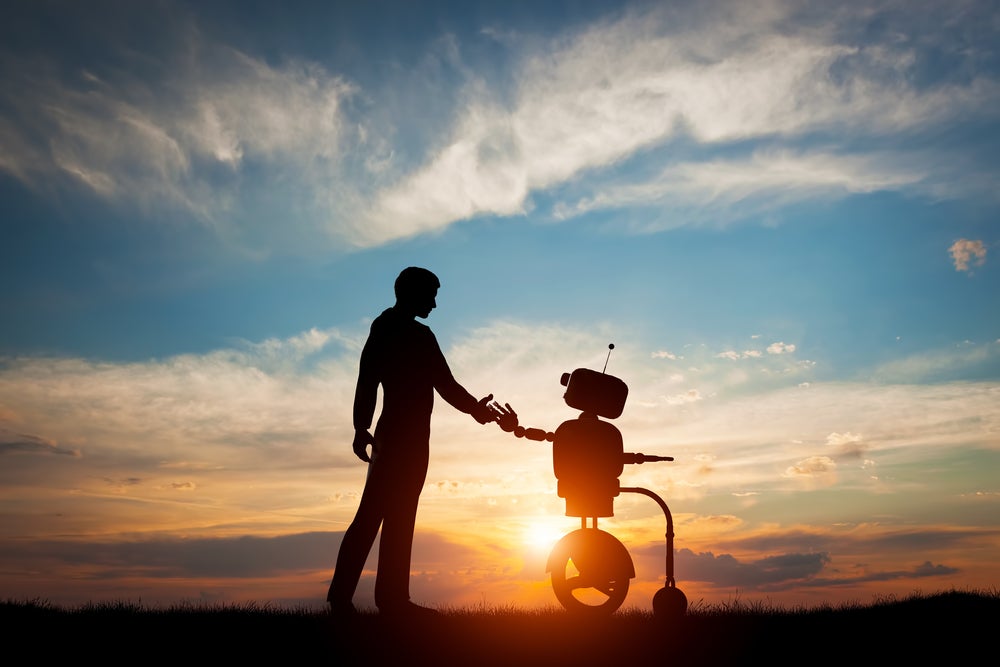People have attempted to harness technology to solve the loneliness epidemic in various ways – and now it is the turn of AI.
Social media has allowed us to connect with millions (or in the case of the largest players, billions) of individuals worldwide. Meanwhile, messaging and video telephony services (such as Zoom or Facetime) have enabled us to speak with loved ones who may be hundreds of miles away, and voice assistants such as Siri or Amazon’s Alexa give us the ability to converse with realistic human-like voices.
But AI is taking this a step further, by providing us with always-on companions that are specifically designed to fill the role of ‘friends’.
The aptly named AI startup Friend has designed a necklace that allows you to speak with an AI chatbot at any time of the day. The chatbot will then respond with a text message that mimics human conversation. For example, the promo video for Friend shows someone watching a TV show on their phone.
Their AI companion then sends them a text message saying “this show is completely underrated.” It’s something a lot of our real-life friends might say to us and it’s one of the ways Friend is attempting to fill a hole for many people.
AI is not our only friend
According to the World Health Organisation (WHO), up to 25% of adults struggle with social isolation. AI may help solve this by providing companionship to those who need it the most. However, there are drawbacks.
How well do you really know your competitors?
Access the most comprehensive Company Profiles on the market, powered by GlobalData. Save hours of research. Gain competitive edge.

Thank you!
Your download email will arrive shortly
Not ready to buy yet? Download a free sample
We are confident about the unique quality of our Company Profiles. However, we want you to make the most beneficial decision for your business, so we offer a free sample that you can download by submitting the below form
By GlobalDataFirstly, AI should not be seen as a replacement for social interaction—relying on AI to fulfill our social needs may further isolate us from other people, as we become more and more used to turning to a technology companion rather than human friends or family. This may actually increase social isolation in the long run as our social skills weaken—a study by Hughes et al in Volume 6 of ‘Frontiers in Digital Health’ referred to this as technology “offering connection and disconnection.”
Secondly, AI companions may be inherently designed to avoid conflict, and to always agree or be amicable with their human friend. However, this does not mirror reality. In real-life social situations, we encounter people with different views and backgrounds, providing us with the ability to become more open-minded. Having the majority of our interactions with AI companions may stop us from experiencing this, keeping us in our little bubbles.
Human interaction remains vital
In moderation, AI companions may be beneficial. This is especially the case for people who may have very limited chances to interact with others socially, such as the elderly or those in remote areas.
However, AI companions should not be seen as a replacement for real human bonds. We are social beings by nature, and connecting with our species is vital to our health. AI can help temporarily fill gaps, but it cannot replace real, nurturing, relationships.









Related Company Profiles
Zoominfo Technologies Inc
Sirius XM Holdings Inc
Amazon.com Inc